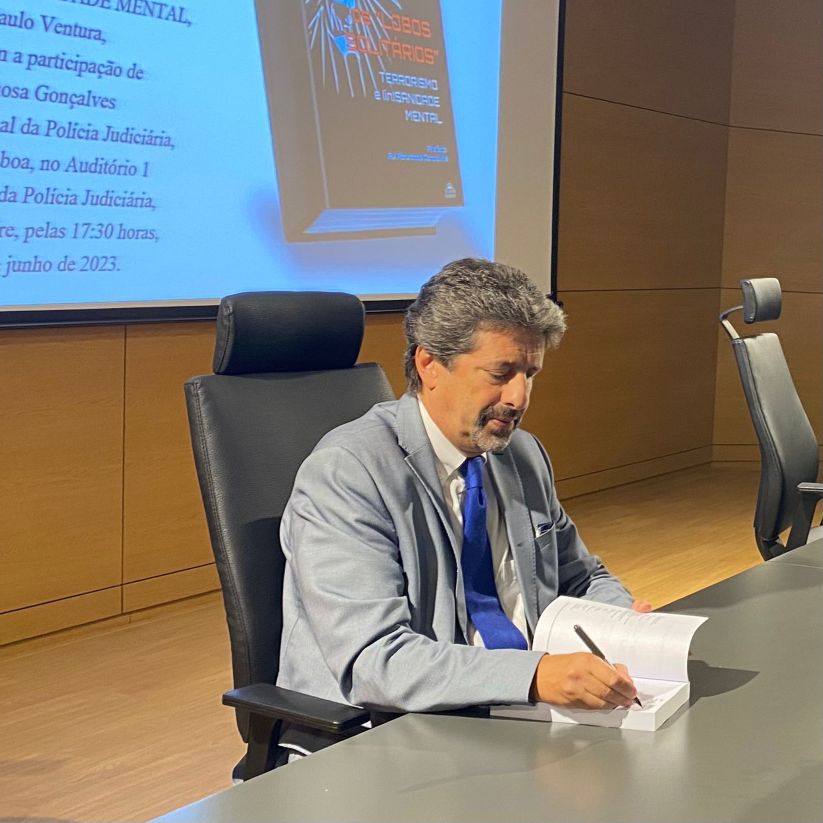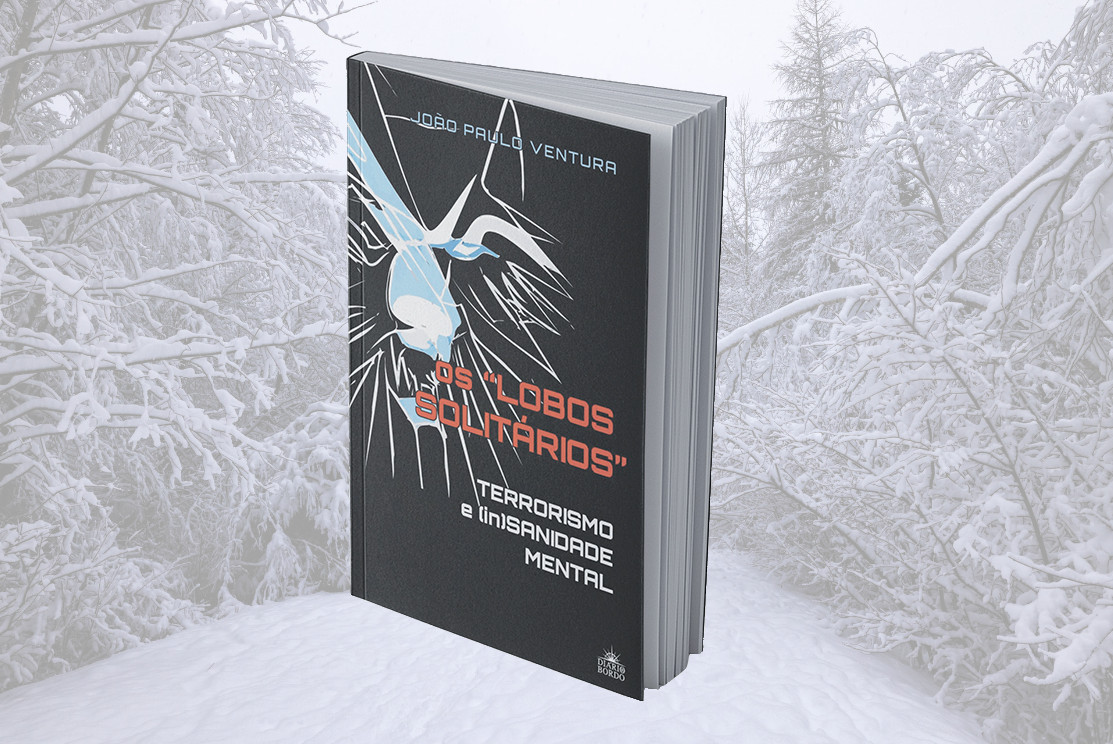Book
João Paulo Ventura
Criminal Investigation Coordinator at the National Counterterrorism Unit of the Portuguese Judiciary Police
How does your book explore terrorism and mental health?
JPV: This link is currently expanding and is thoroughly documented. The factors that determine and motivate criminal behaviour in the realm of terrorist actions are numerous and complex. I have attempted to categorise “lone actors” into three fundamental groups: the psychotic, who suffer from serious psychiatric illnesses and, due to their altered conscience, might be the only ones exempt from criminal responsibility, benefiting from an exclusion of guilt; those suffering from antisocial personality disorders, specifically psychopaths, who under criminal law are considered accountable and subject to the application of criminal sanctions; and finally, those who primarily display psychosocial maladjustments, not necessarily linked to broad mental health disorders, but may engage in criminal behaviour.
I examined 18 cases, documented in the past 45 years, across nine countries on three continents. A pioneering “lone actor”, the “Unabomber”, who emerged on the domestic terrorism scene in the USA in 1978, was sentenced to life imprisonment and recently passed away. This case was thoroughly explored.
How important is it to address the duality terrorism/mental health in the current panorama?
JPV: Understanding the actions of these so-called “lone wolf” terrorists is virtually impossible today without an inescapable reference to mental health issues, specifically poor mental health.
Furthermore, despite the significant decrease in the frequency of terrorist attacks over the past five years—following the intense period of 2015-2017 when the intensity of attacks in Europe reached unprecedented levels—”lone actors” have remained prominent in terrorist actions and threats since at least 2019. They continue to be the main instigators of attacks, a pattern observed in the two primary segments of politically and ideologically motivated criminal actions: jihadism and the far-right. However, even though lone actors don’t operate in isolation, they are not impervious to social influence or ideological radicalisation.
Additionally, terrorist acts are not divorced from political and social contexts and dynamics. Therefore, I made the decision to contextualise the subject within the backdrop of the COVID-19 pandemic. I introduced the novel concept of hybrid threats, which has impacts on misinformation and cybersecurity.
Moreover, I examined the scenario of the Russian Federation’s aggressive actions against Ukraine. My primary aim was really to explore current and pertinent topics while addressing an editorial gap in the Portuguese language.

João Paulo Ventura possesses 37 years of experience and has dedicated most of his career to counter-terrorism and combating criminal ideological extremism, areas in which he is a national and international trainer. He is a national defence auditor and holds a degree in Psychology with post-graduate studies in Legal Psychology and Forensic Medicine. He is the author of several publications on ideological radicalization and terrorism and currently serves as an advisor in the area of Justice and Home Affairs at the Permanent Representation of Portugal to the European Union in Brussels.


